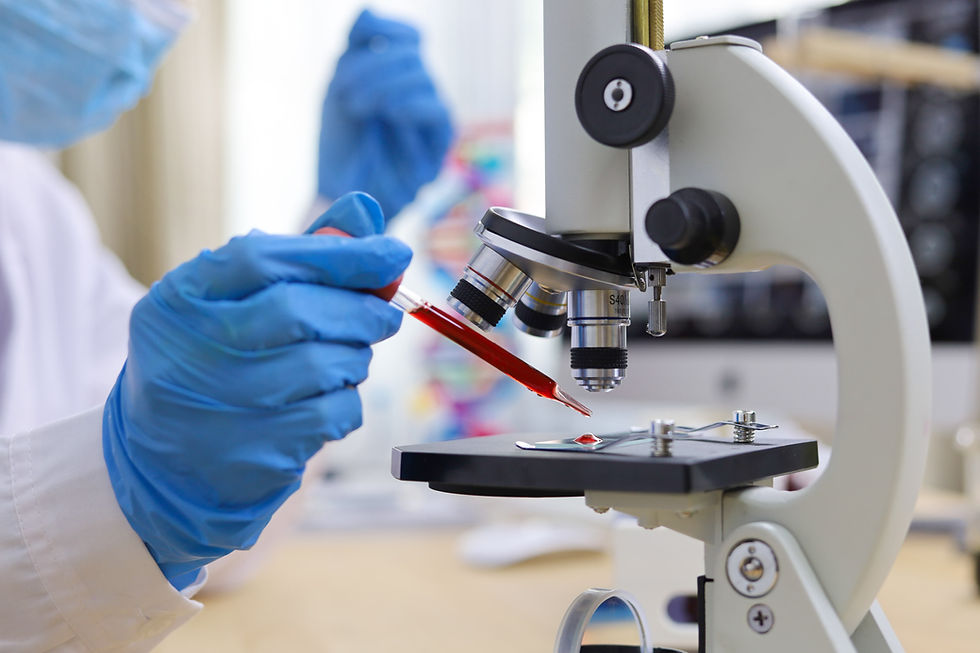Introduction
You must have probably heard about the famous rare blood group called the "Bombay Blood Group".
Have you ever thought about your blood type? Most people know if they're A, B, AB, or O. But there's a rare group out there called the Bombay blood type, and it's quite unique! So, buckle up, blood sleuths, because we're diving into the fascinating world of the Bombay blood group.

Who discovered it?
Dr. Y M Bhende discovered the Bombay Blood group in 1952 along with Dr. G. K. Deshpande and Dr. H. M. Bhatia
Click here to read about ABO blood groups.
Click here to read about ABO antigens and antibodies.
What makes it "Bombay"?
This blood type, discovered in Mumbai (formerly Bombay), India, is special because people with it lack something called the "H antigen" in their red blood cells. This antigen is like the foundation for other blood group antigens, like A and B. So, without the H, A and B cannot bind on the red blood cell.
The cause of the rise of the Bombay blood group is postulated to be a mutation in the genes of an ancestor. This led to the loss of a gene that produced "H antigen", subsequently leading to offspring of the Bombay Blood group.
How rare is it?
Think of finding a four-leaf clover! The Bombay blood type is super rare, affecting about 1 in 10,000 people in India and 1 in a million in Europe. That means India has a better chance of finding a donor than Europe.
Living with the Bombay blood:
Generally, it doesn't cause any health problems. But here's where things get interesting: if someone with Bombay blood needs a transfusion, they can only receive blood from other Bombay individuals. Why? Since, they do not have H, A, or B, their immune system will consider any other blood as a foreign substance and react to any blood with A, B, or even the H antigen they're missing.
Bombay Rh Positive and Rh Negative
Bombay blood group variation is associated only with the ABO system. RH positive or negative blood group system functions entirely differently from them. So, there can be Bombay Rh positive and Negative groups.
How do we test it?
There are commercially available blood tests to know if you have "H antigen". It can be done from a drop of your blood.
You can also test to find if you have the gene, but is costly and not routinely done.
The importance of awareness:
While rare, the Bombay blood group highlights the incredible diversity of human biology. It also underscores the importance of blood donation and registries, especially for rare blood types. Knowing your blood type is helpful, and if you're curious, you can get tested!
Rare donor registries are important as they are the only way for rare blood groups like Bombay to find donors in case of emergency. There are situations in which blood or the blood donor has to be flown to another country for a patient.

Remember:
Bombay blood is rare and unique.
It lacks the H antigen, making it incompatible with most blood types for transfusions.
Raising awareness about rare blood types helps ensure everyone has access to safe blood transfusions when needed.
So, the next time you think about blood types, remember the Bombay group! It's a reminder that even in something as common as blood, there's a whole world of fascinating variety to discover.
Dr Arun V J
MBBS, MD Transfusion Medicine
+918547415117


Comments